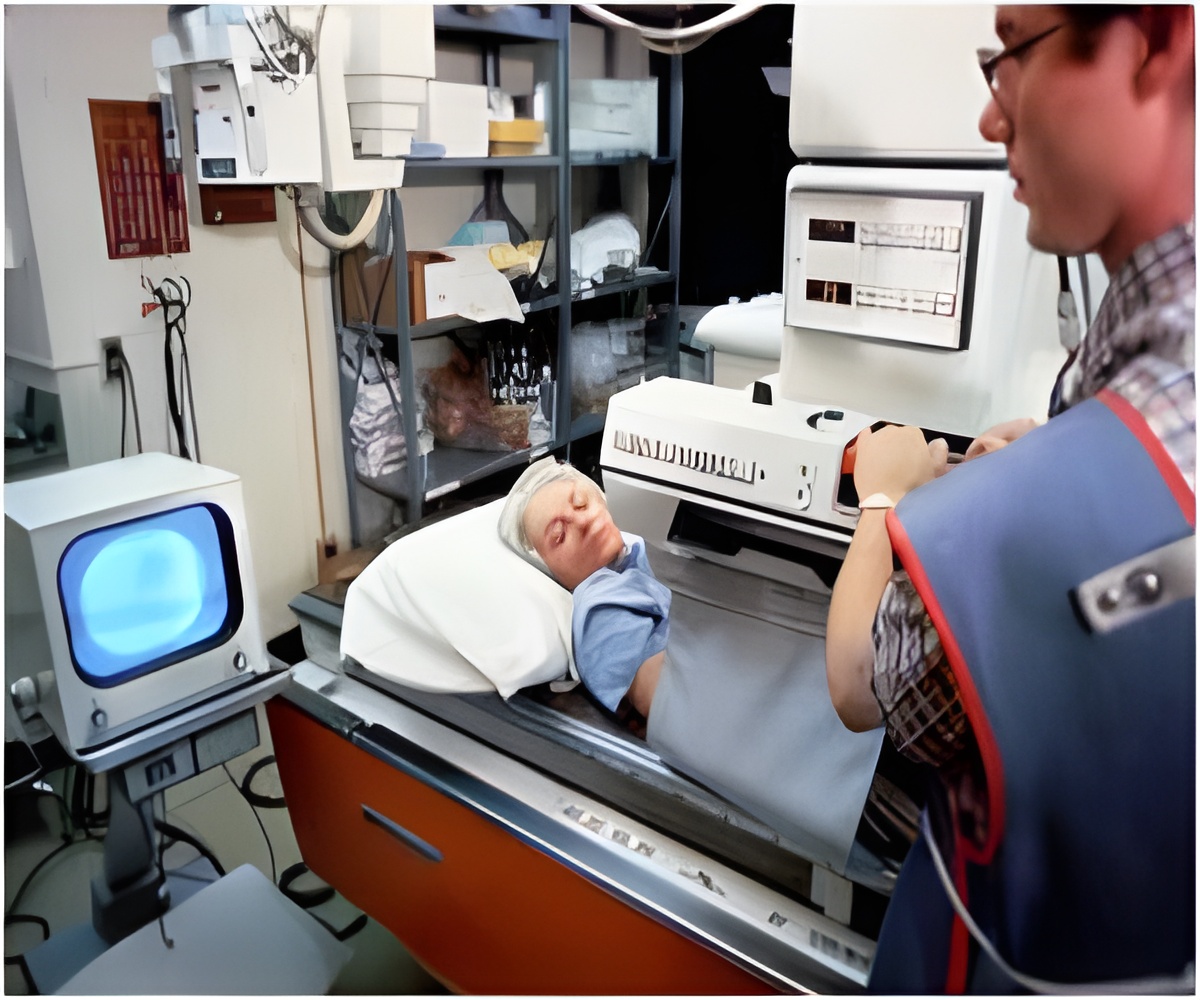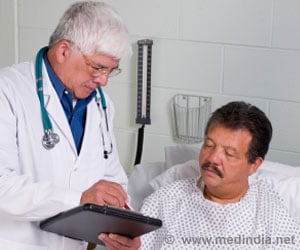80% of patients diagnosed with common cancers such as bladder, bowel, breast, cervical and breast at the first or second stage survive for at least 10 years.

Cancer stages are based on how large the tumor is and how far it has spread in the body. The research has shown that early diagnosis improves survival as more treatment options are available to patients when the disease is in its early stages and they are more effective. It also reduces the cost of treatment in patients who were diagnosed with early-stage cancers.
The research stated that these common eight cancers - bladder, bowel, breast, cervical, womb, malignant melanoma, ovarian and testicular accounted for more than 40% of all cancer cases. But more than a quarter (27%) of them with these cancers are diagnosed only at the stages of three or four. But around 80% of patients diagnosed with these common cancers at the earlier stages of one or two survive for at least 10 years.
Cancer Research UK's director of early diagnosis, Sara Hiom, said, "These figures show the prize on offer if we can diagnose more cancers earlier. And, if the Government acts on the recommendations in the new cancer strategy, we can increase the number of people diagnosed at an early stage across all cancer types - from around half of patients now to more than 60% by 2020 - improving the outlook for thousands of people with the disease."
"Early diagnosis and ensuring patients have access to the best treatment is essential to further improving survival from cancer. We need increased funding in NHS services and more research to develop tests to spot cancer sooner, and help more people to beat the disease," she added.
Dr Richard Roope, Cancer Research UK's GP expert, said, "Diagnosing cancer early isn't always easy - the symptoms may be vague or similar to less serious conditions, so cancer isn't always the first thing you or your doctor considers. It's important that people are aware of their bodies and, if they notice any unusual or persistent changes, they should see their GP. GPs play a critical role in early diagnosis; knowing when symptoms need to be investigated and referring patients promptly for tests - as well as making sure patients get test results quickly."
Source-Medindia












